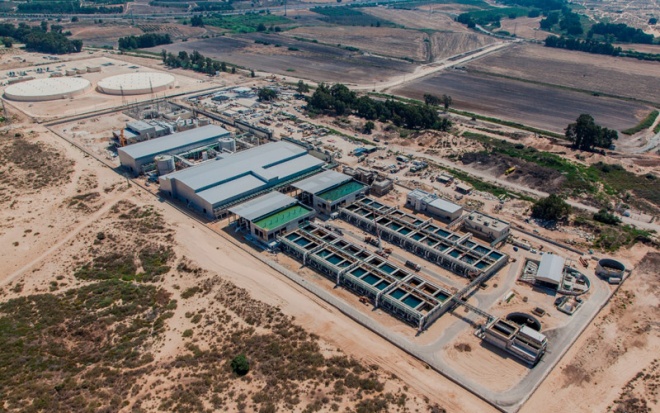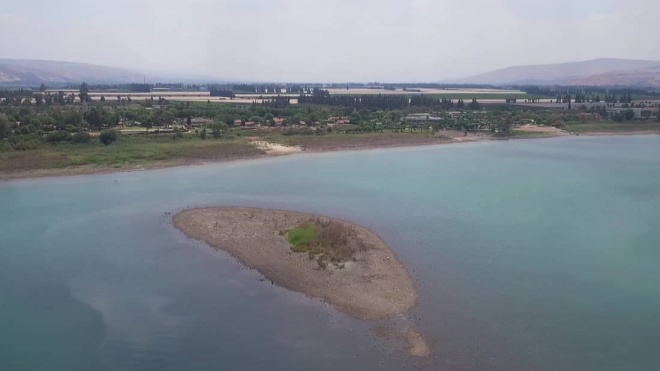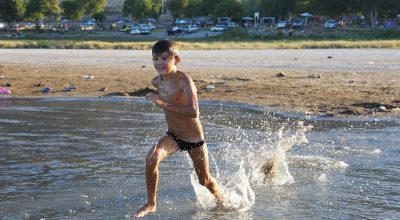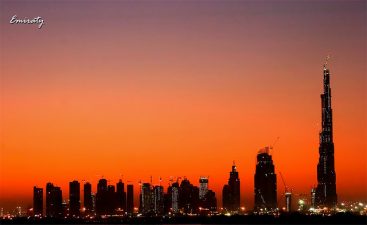Having adequate fresh water supplies in most of the Middle East has always been a serious issue. This includes ideas like dragging an iceberg from Antarctica to the Arab Gulf for drinking water. More practical fresh water procurement projects involve the use of massive desalination plants, such as those in Saudi Arabia
Another Mid East country, Israel, has pioneered the development and use of reverse osmosis desalination plants. Israel now has six of these plants in operation, with two more scheduled to go “online”. The current gravity of Israel’s worsening water crisis was dramatized recently on Israel’s Channel 12 TV news:
The lack of fresh drinking water has become so dire, according to the news program, that much of the country is in serious danger of running out of drinking water within the next few years. Yuval Steinitz, Israel’s Minister of Energy and Water Resources, told Channel 12 that the country’s current water crises in “very very grave; the worse in more than 100 years”. Most of Israel’s drinking water supplies are being supplied by the network of desalination plants along the country’s Mediterranean coastline; including the Sorek Desalination Plant (photo).

Ms. Hila Gil, head of the desalination department for the Israel Water Authority, told Channel 12 that even with present desalination plants operating at full capacity, there will still not be enough fresh water to supply the entire country’s needs. “In 2006, around 100 million cubic meters of fresh water was being supplied by desalination. Now, as of the end of 2017, this amount has increased to more than 585 million cubic meters. In other words, around 85% of Israel’s fresh water needs are being supplied by desalination”, she said.
Israel’s fresh water shortage has been aggrivated by a long term drought that has been ongoing for more than 5 years. This has resulted in the country’s main land based water source, Lake Kinneret, being so depleted that “islands ” of dry land are now appearing in it. Geora Shaham, Manager of the Israel Water Authority, told Channel 12 that he fears that soon there will not be enough drinking water for many parts of the country, especially the northen areas. “Except for what we get from the sea (via desalination) there is simply not enough water available in many locations for agriculture and for drinking.”
The current situation in Israel is being compared with locations like Cyprus and Capetown South Africa, where fresh water is being strictly rationed and water taps are virtually dry most of the time. Government authorities are saying that the next major war may well be fought over water supplies.
Israel assisted nearby Cyprus to construct desalination plants after the island country began to experience critical fresh water shortages nearly a decade ago. Despite this, Cyprus is still in the midst of a very critical fresh water shortage with people living there barely getting any fresh tap water and having to rely on chemical products for washing and cleaning. Neighboring Jordan is also in the midst of a critical water crises; with fresh water being supplied only for an hour or two daily.
Desalination is a very expensive method of getting fresh water; especially from an energy comsumption basis, says desalination head Hila Gil. “We have to make sure the desalination plants are running properly, as they are now our main source of fresh water” she says. Besides Israel, many other countries are heavily dependent on desalination to get needed fresh water. This situation is bound to increase signifially in the years to come.
Read more on water issues and desalination in Israel and elsewhere in the Middle East:
Arab gulf to drag iceberg from Antarctica for drinking water
Cyprus gets new desalination plant with Mekorot Israel’s know how
Photo of island in the Kinneret. by Breaking Israel News
Photo of Sorek Desalination Plant by Water Technology




